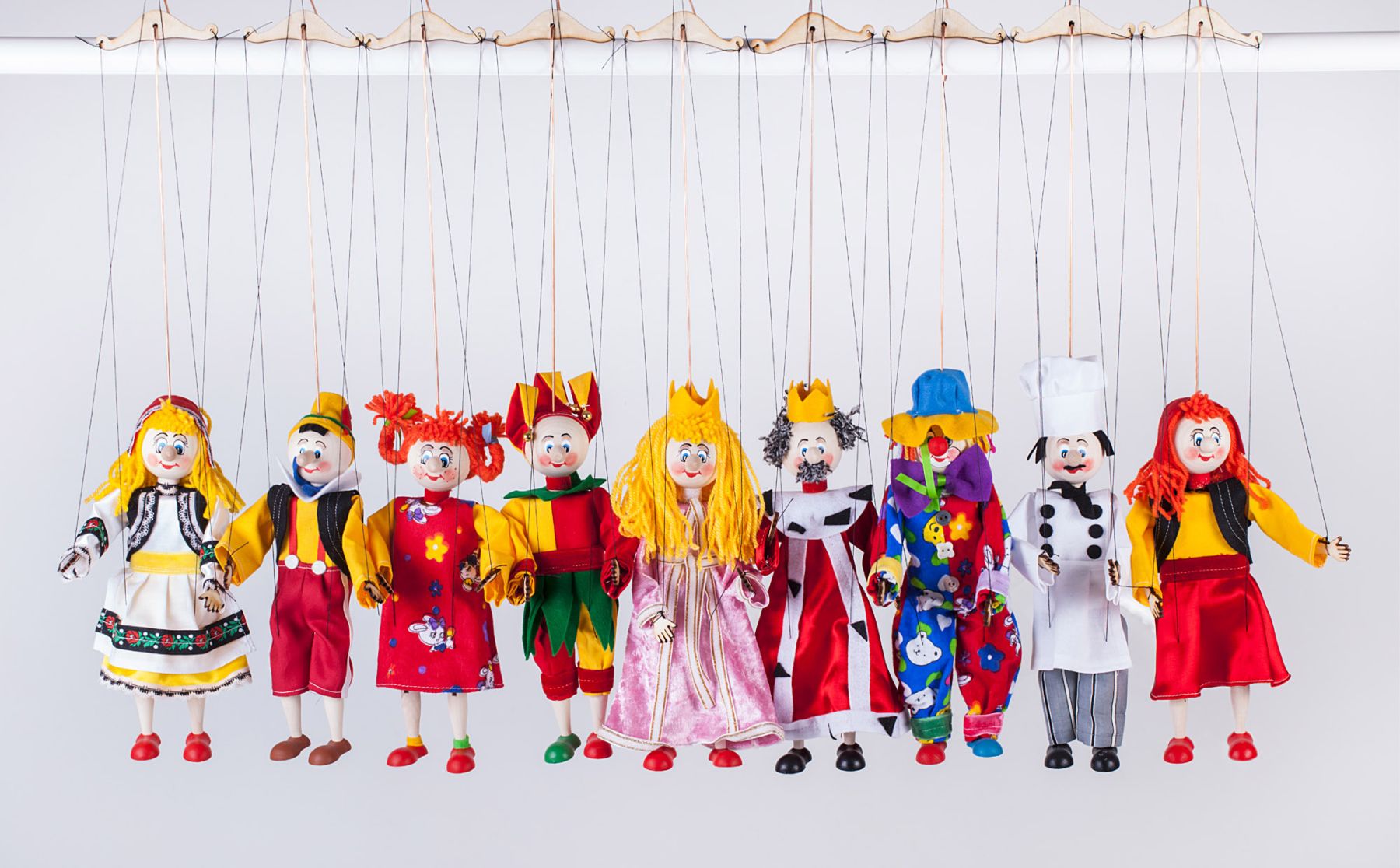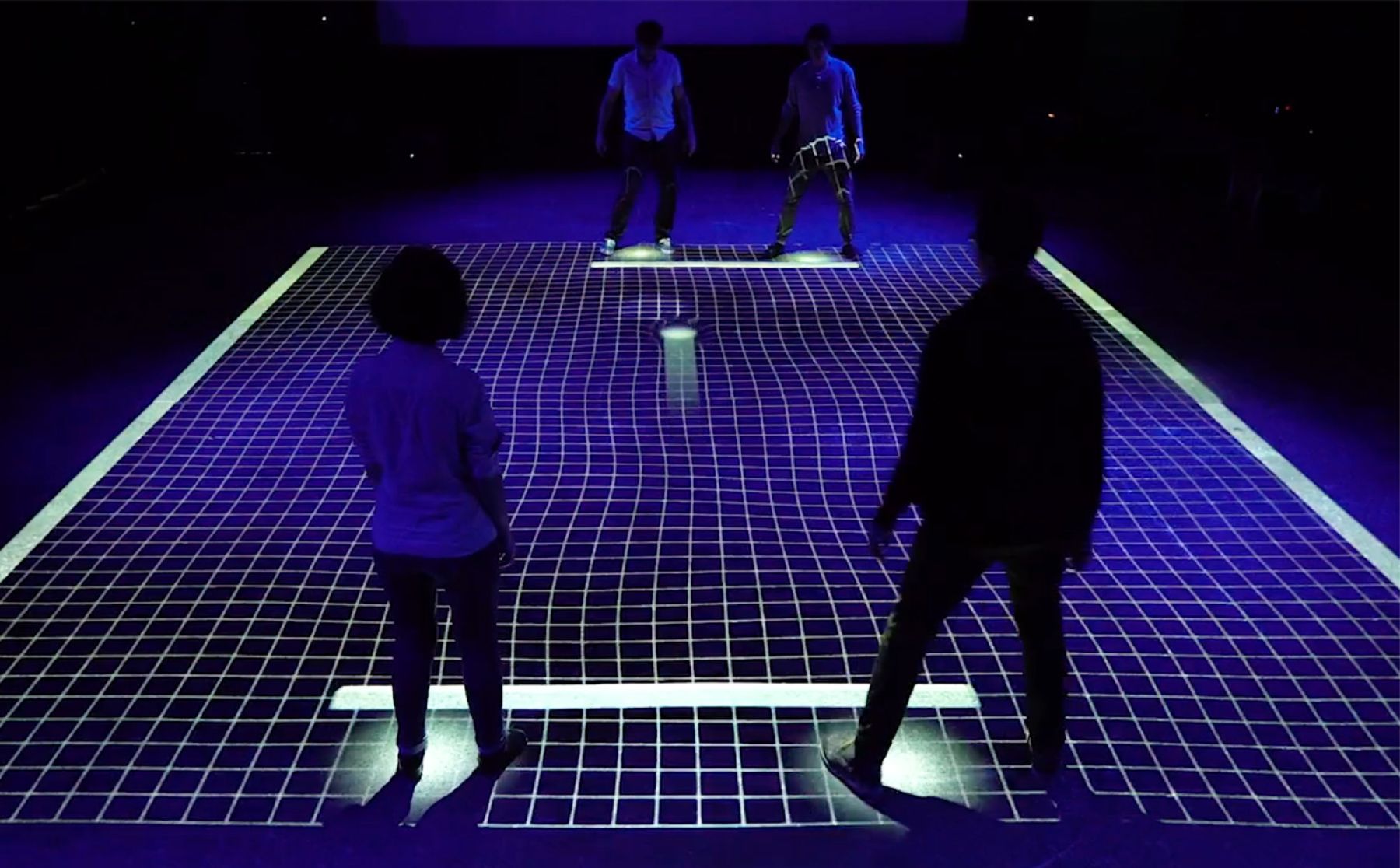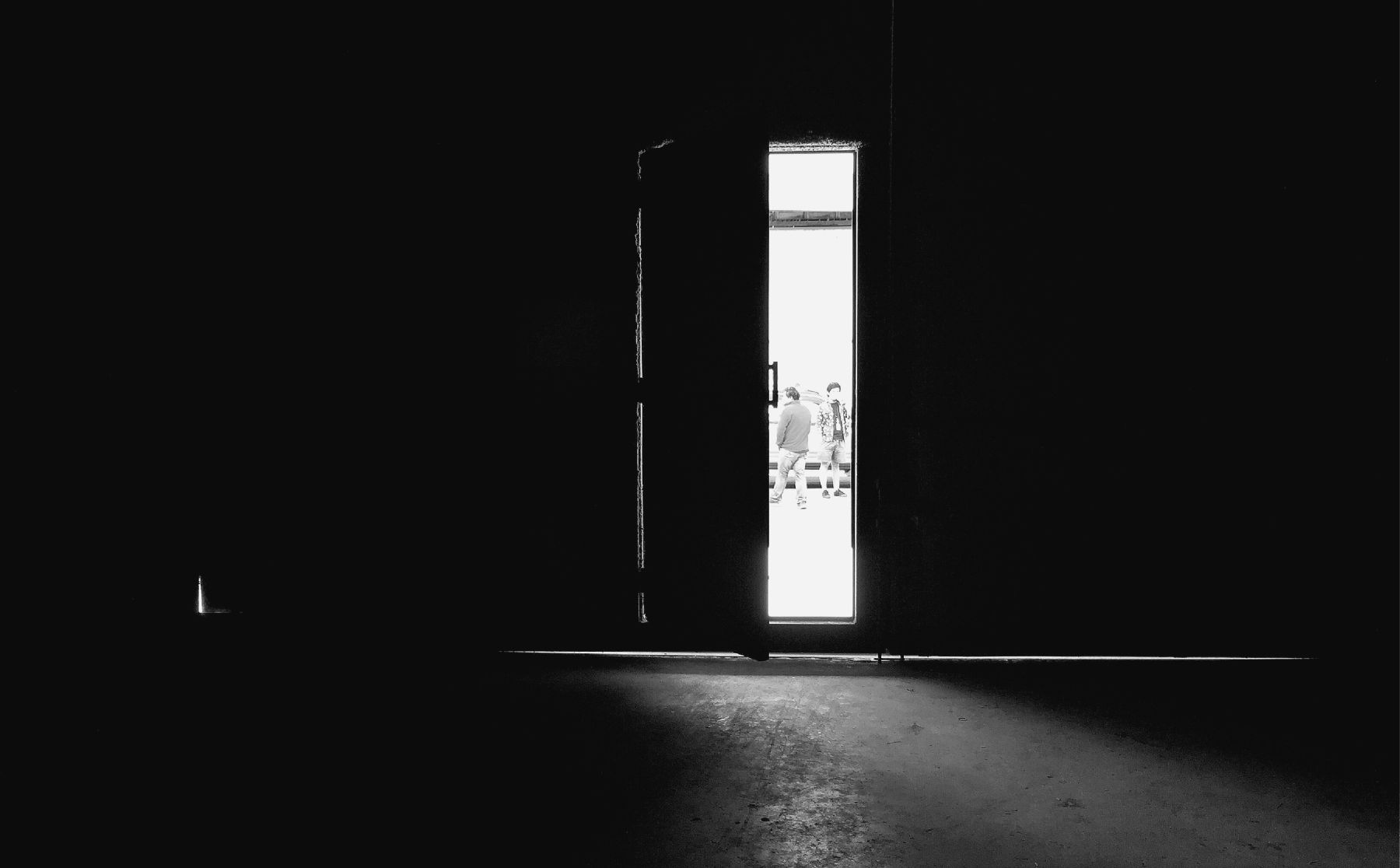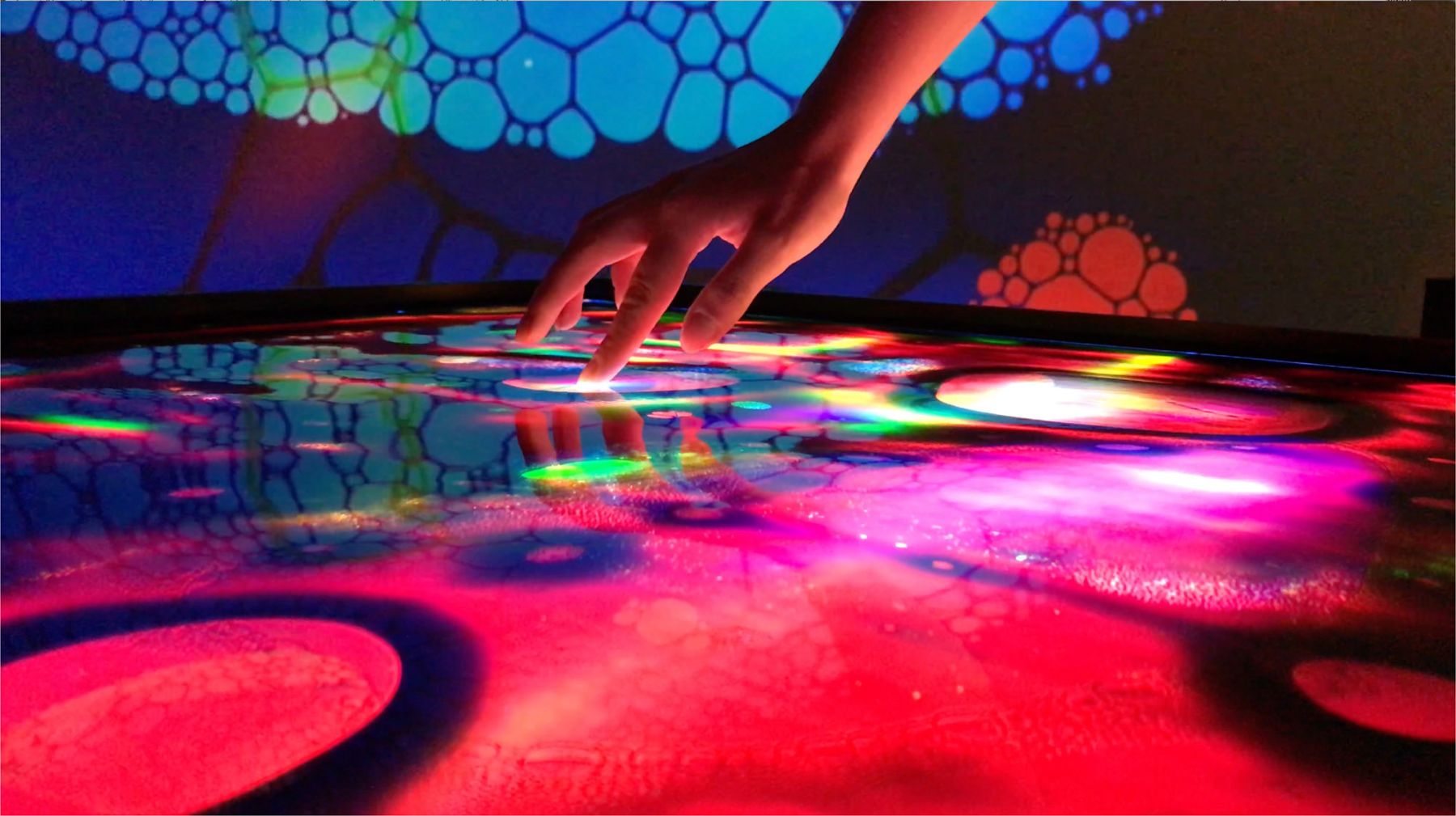What Might Have Been: The Derailed Celebrations for Ludwig van Beethoven
The culture of live performance has suffered terribly through the COVID0-19 pandemic. Concerts, festivals, theater and opera were canceled or forced online. The small number of events that went ahead were performed before tiny, socially-distanced audiences.
This month was supposed to be the culmination of the time when the world celebrated 250 years since the birth of the German composer, Ludwig van Beethoven, who was born on December 17, 1760. The world would focus on the German city of Bonn, where the musical genius was born. There have been concerts. There have been celebrations, but they were nothing compared to the scale of what was hoped for or planned. The concerts which did take place were heroic acts of defiance against the unseen enemy of COVID-19, which has taken the lives and health of so many of us, and which has also taken jobs and livelihoods away from millions, giving them precarious and uncertain economic futures.
Beethoven’s genius transcends nations, continents and centuries. There is a power and intensity to his music. Some of his scores – such as the first few bars of his Ninth Symphony – are simple enough to be played by children learning to play the piano, others such as the “Kreuzer Sonata,” are considered so challenging that they are rarely played.
Millions of people were expected at concerts all over the world, but especially in Bonn, the city of his birth, and in Vienna, where he reached his greatest heights of musical genius before his death in 1827 at the age of 56. Some online concerts have sought to bring artists from across the globe together to perform his works.
These efforts are inspiring, and they are acts of resistance against the pandemic. But they do not have the power and vitality of live performance. In a live performance one feels immersed in the music, which echoes from all corners of the hall. One feels a tremor within the building and even the sound waves on the skin. The performers are boosted by the presence and the energy of one another.
The lack of live classical concerts is much less a tragedy than the deaths, suffering and economic misery which COVID-19 has inflicted on the world. But they are a part of what has been lost, and the lack of live music impacts people’s lives. This includes the performers, their support teams and the people employed working on buildings and very many people who generate proportions of their incomes from the live culture business: the printing company which received some of its turnover from making concert programs, the catering company which supplied the food for performers and audiences, the sound teams who derived a part of their income from the live concerts.
Beethoven himself dealt with adversity and suffering. His father was often brutal towards him in his childhood. Beethoven lost his mother when he was just 17. And most famously, Beethoven suffered from severe hearing difficulties for a large part of his life. Although he never completely lost his hearing, he was forced to conduct orchestras wearing primitive 19th century hearing aids. At the time, conducting live orchestras was his main source of income. The technology of the time did not allow composers to benefit from recordings of their music.
But Beethoven was also had a shrewd eye for PR and self-promotion. He had portraits of himself commissioned which sought to emphasize his energy and creativity. These portraits were widely known and helped boost his popularity.
Beethoven has also been a political icon. He was the main factor in choosing the city of Bonn to be the seat of government of West Germany after 1945. The Allies wanted a center which was associated with the best of German culture rather than its 20th century history.
Since then, Beethoven has transcended political boundaries. His music has become a New Year’s Eve tradition in Japan. It is sung as the anthem of both the Council of Europe and the European Union. It has been reworked into modern electronic tunes. A Palestinian quartet created a viral hit when they played his work “Für Elise” on Arab instruments, including the oud. And his Fifth Symphony was even included on a golden record on the Voyager 1 and 2 spacecraft: which have since left the solar system.
Germany’s ambitious plans for a year remembering Beethoven were derailed by events, but Beethoven’s music continues to transcend borders, cultures and musical genres.
Written By Murdo MacLeod








